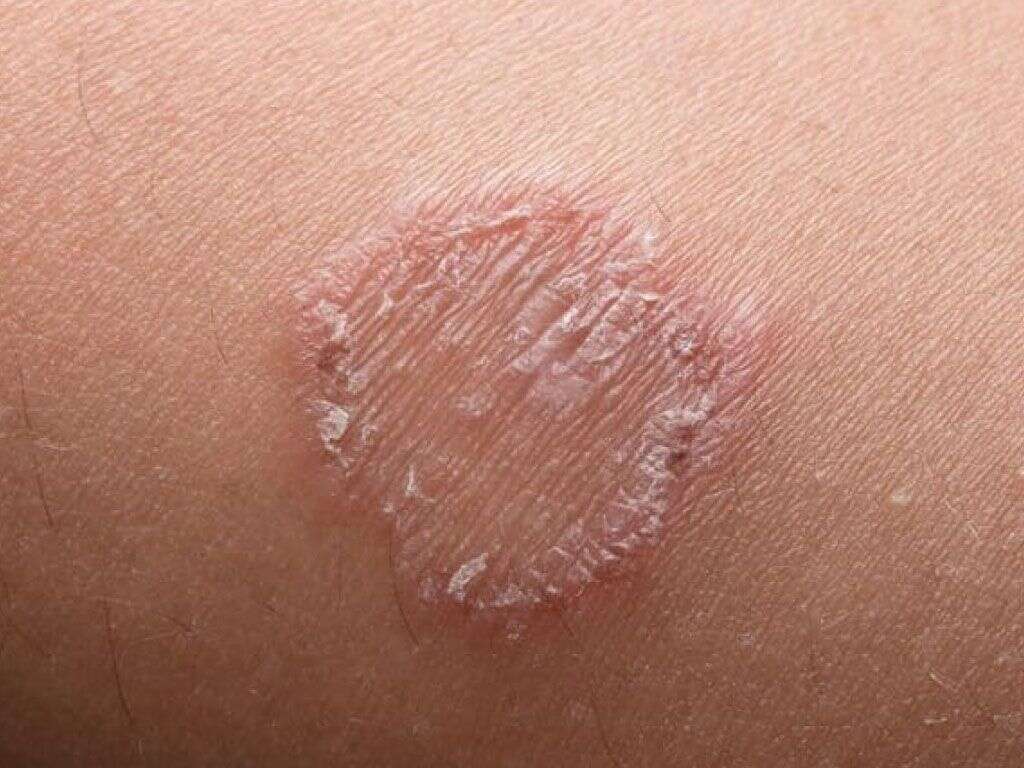What Is a Hookworm Infection?
The world is full of creatures of all shapes and sizes. This includes creatures so small that they can live inside our bodies, and some do. These creatures tend to feed off their host’s own supply of nutrients, and these creatures are known as parasites. One example of such a creature is the hookworm.
Hookworms will make their way into our body and will eventually make it into our digestive system, where they will remain for the rest of their lives. They tend to live for around 1 year before they eventually die and are passed out through our feces.
1. Hookworm
Hookworms are a variety of parasite that typically lives in your skin, lungs, and small intestine. It is a relatively common parasite with up to around 750 million people becoming infected with it every single year across the globe. However, you are unlikely to encounter the parasite in most developed countries.
Rare in the United States, hookworm tends to be more common in warm climates, particularly those that also tend to have poor hygiene and sanitation standards and facilities. People who are travelling to such places should take extra precautions to help protect them from being infected by the parasite.
2. Transmission
There are two main species of hookworms that can infect people. These are Ancylostoma duodenale and Necator americanus. The hookworm will breed in the small intestine and lay eggs, and these eggs will eventually pass out of their host in their feces. The eggs will then hatch, and will remain in any nearby soil as larvae. Anybody that then comes into contact with the soil is at risk of being contaminated.
Contamination can also take place through contaminated food and drink. The larvae are small enough to burrow into the skin and into the bloodstream where they will then travel to the lungs. The larvae will then be passed into the mouth when the host coughs and will then be swallowed into the small intestine.

3. Rash
Many people who have a hookworm infection will not be aware of the parasite. This is particularly the case in people who eat a diet high in iron, and have an immune system that is generally strong. Some people will experience symptoms, however, and this will typically mean a rash.
The rash will be found at the point where the parasites made their way into the patient’s body, and the rash will also likely be itchy. When the larvae make it into the small intestine they will begin to grow, and they can begin to irritate the digestive system. This, in turn, can cause the patient to develop diarrhea.
4. Nausea
A hookworm infection will also tend to cause the patient to feel nauseas, and the nausea may sometimes cause them to vomit. The patient may also lose their appetite and this, combined with vomiting, can cause them to lose weight. Hookworm infections will also sometimes cause the patient to develop a fever.
A hookworm infection can also cause colic in infants. This is a condition where the patient keeps on crying for no apparent reason. It can be very difficult for the parents to deal with, and obviously not pleasant for the baby either. If a baby does appear to be crying excessively then you should take them to a doctor as soon as you can.

5. Abdominal Pain
Some patients will also experience pain in the abdomen as the parasites continue to cause irritation to the digestive system. Some patients will also experience some very uncomfortable abdominal cramps. Such symptoms will often be overlooked as simply being an upset stomach, but a doctor should be contacted if the symptoms persist for long.
In some cases the patient may even notice some blood in their stools. This is a clear sign that something is wrong and, in some cases, it could even be down to life-threatening conditions. Again, a doctor should be called as soon as these symptoms are noticed.
6. Nutritional Deficiencies
Hookworm infections will sometimes cause the patient to experience considerable nutritional deficiencies. This tends to be down to symptoms like diarrhea, nausea, vomiting, and a loss of appetite. Such nutritional deficiencies will also sometimes cause the patient to experience other complications.
Another potential complication is ascites. This is a condition where fluid accumulates in the abdomen and, in the case of a hookworm infection it tends to happen due to a loss of protein. A change in diet and/or medication will sometimes be recommended to treat the condition, while in some instances the extra fluid will need to be removed with a needle.

7. Anemia
Anemia is a condition where there are not enough red blood cells in your blood, and this means the blood will not be able to carry sufficient oxygen. There are various potential causes of the condition and depending on the cause it is often fairly straightforward to treat.
Hookworm will feed on their host’s blood, thus depleting the levels of red blood cells available. Most people’s red blood cells will be able to keep up with the loss, but not always. The problem tends to be worse in people who are not eating well, especially those who do not have sufficient iron in their diet.
8. Developmental Complications
Children need a lot of nutrition in order to aid their development. Therefore if, for any reason, they don’t get the nutrition they need at a young age then their development can be affected. This is a possibility in young children who have a hookworm infection.
Diarrhea and vomiting can cause the patient to lose nutrients, and a lack of appetite can mean these nutrients are not adequately replaced. The hookworms feeding on the blood can also cause the patient to lose iron and protein, exasperating the problem further. Developmental issues in children will often be permanent so it is important the patient is found medical help if a problem is detected

9. Prevention
Depending on where you are in the world, it can be very difficult to be completely safe from hookworm. However if you take certain safety precautions then you can make yourself a lot safer from the parasite. Perhaps one of the most effective methods is to always wear shoes, which will help prevent the larvae from being able to reach your skin.
Other methods include avoiding drinking unclean water which might contain the larvae. Always make sure that you wash your hands thoroughly, and also make sure food is cleaned thoroughly and cooked thoroughly. Also try and avoid eating or drinking in places where the sanitary conditions appear to be poor.
10. Treatment
Many people will not even be aware that they have hookworm and will make a full recovery without treatment. Medication is not always recommended even when the condition is detected, although medication is available when deemed necessary. This will typically involve medication that will help to kill the parasites.
The anti-parasite medication is very effective and a single dose is often all that is needed. Patients with ascites will be requested to get plenty of protein in their diet, while patients with anemia will be requested to eat a diet containing plenty of iron. Supplements are readily available if they are needed











